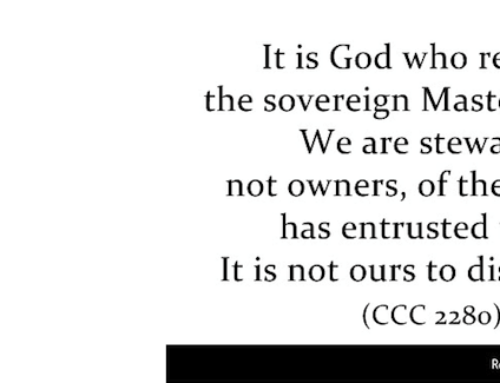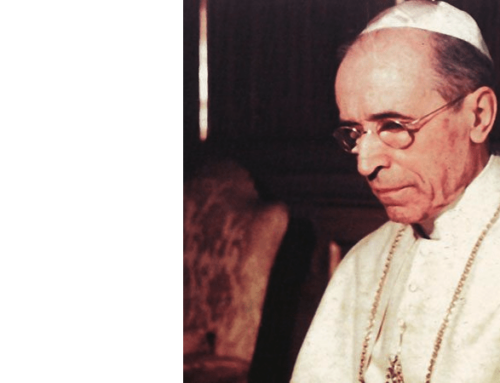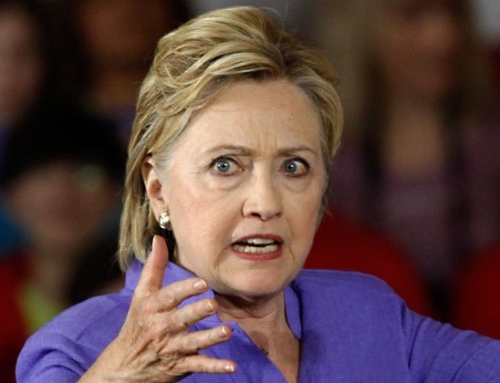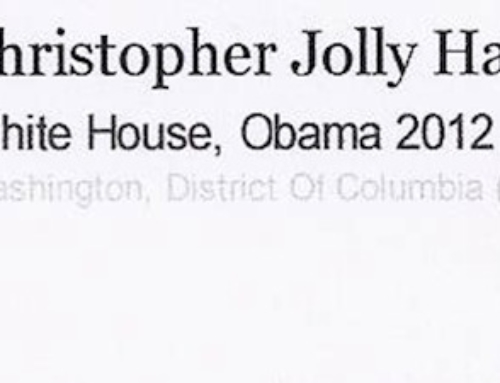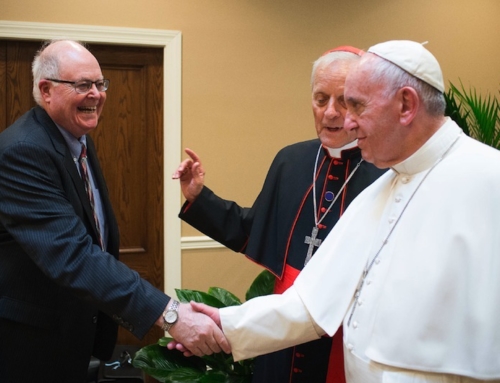by Sr. Margherita Marchione, M.P.F.
(Catalyst 1/2002)
An extraordinary new book, a scholarly compedium of vital historical documents, Pius XII and the Second World War: According to the Archives of the Vatican (Paulist Press, 1999) by Father Pierre Blet, S.J., greatly expands our knowledge of what Pope Pius XII did to help victims of Nazi oppression in Europe during World War II. The author of this essential work is one of a team of four Jesuit historians who edited the Vatican documents published from 1965-1981 in 12 volumes.
Blet’s book is a summary, not only of the Vatican’s assistance to all Nazi victims but it also counters many of the accusations launched against Pius XII, as it carefully establishes the historical record of his compassion and heroism, and documents his opposition to all totalitarian movements, especially Nazism.
Addressing the prelates of the Roman Curia (December 24, 1939), Pius XII stated that in order to establish world peace with order and justice, it was necessary (1) to assure each nation, whether large or small, its right to life and independence; (2) to free nations from the burden of an arms race through a mutually agreed upon, organic, and progressive disarmament; (3) to rebuild and create international institutions while bearing in mind the weaknesses of previous ones; (4) to recognize, especially in the interests of European order, the rights of ethnic minorities; (5) to recognize above all human laws and conventions “the holy and immovable divine law.”
In his letters to the bishops, Pius XII spoke out in favor of a peace “with justice for all and for each of the belligerents, [a peace] that need not be ashamed when measured by Christian principles and, for this reason, a peace carrying in itself the guarantee of security and of time” (Letter to Cardinal Faulhaber, January 18, 1940).
Pope Pius XII’s was aware that his messages were not reaching the German episcopate. In a message to the German bishops, dated August 6, 1940, he allows us to understand his position: “After seeing and experiencing during the years of Our work in Germany how harshly the German people had to suffer the continuing and humiliating effects of their defeat, and after Ourselves witnessing the way in which the previous peace treaty’s lack of proper balance has brought forth as a fatal consequence the contrasts whose elimination by violent means has the earth tremble today, We can only express our ardent hope that when the war ends, at a time known only by Providence, the eyes of the victorious will be opened to the voice of justice, equity, wisdom, and moderation, without which no peace treaty, no matter how solemn its ratification may be, can last and can have the happy consequences desired by all people.”
When Germany began its war with Russia, Pius XII did not change his position. His work on behalf of peace increased in intensity. He worked “for a merciful peace which protects against violence and injustice, which brings together and reconciles, which establishes for all former belligerents without exception supportable relations and the possibility of a prosperous development” (February 24, 1942). On March 1, 1942, he wrote: “Whereas Our Christmas radio message found a strong echo in the world, indeed beyond the circle of Christianity, We learn with sadness that it was almost completely hidden from the German Catholics.”
Pius XII reminded Germany and Soviet Russia of their responsibilities: “Your conscience and your sense of honor should lead you to treat the people of occupied territories with a spirit of justice, of humanity, and with broadness of outlook. Do not impose any burden upon them that you have judged or would judge to be unjust if you were in a situation like theirs … . Above all, keep in mind that God’s blessing or curse upon your own country may depend on your conduct toward those who, because of the fortunes of war, have fallen under your power.”
Pius XII did not want to provoke reprisals against the Church in Germany. In keeping with Vatican protocol, he delegated the task of speaking out to the bishops. He explained to Cardinal Preysing (April 30, 1943): “We give to the pastors who are working on the local level the duty of determining if and to what degree the danger of reprisals and of various forms of oppression occasioned by episcopal declarations—as well as perhaps other circumstances caused by the length and mentality of the war—seem to advise caution to avoid greater evil despite alleged reasons urging the contrary.”
Writing to the archbishop of Cologne (March 3, 1944), Pius XII spoke about “the superhuman effort necessary to keep the Holy See above the quarrels of the parties, and the confusion, almost impossible to unravel, between political and ideological currents, between violence and law (incomparably more so in the present conflict than in the last war) to the extent that it is extremely difficult to decide what must be done: reserve and prudent silence, or resolutely speaking out and vigorous action.”
The Vatican’s Holy Office had issued a formal decree on March 25, 1928, condemning anti-Semitism: “Moved by Christian charity, the Holy See is obligated to protect the Jewish people against unjust vexations and, just as it reprobates all rancour and conflicts between peoples, it particularly condemns unreservedly hatred against the people once chosen by God; the hatred that commonly goes by the name of anti-Semitism.”
Blet’s book reveals that Pius XII applied this teaching and spoke out repeatedly against the outrages of Nazism by exhorting his representatives to oppose the racial laws and to intervene on behalf of persecuted Jews.
The Pontiff was aware that speaking out explicitly against Hitler’s purges would have aggravated the Führer’s anger and accelerated the Nazi efforts to exterminate the Jews, a concern borne out by the Nazi retaliation that included the martyrdom of Edith Stein shortly after the Dutch Bishops denounced Hitler.
Personally and through his representatives, Pius XII employed all the means at his disposal to save Jews and other refugees during World War II. As a moral leader and a diplomat forced to limit his words, he privately took action and, despite insurmountable obstacles, saved hundreds of thousands of Jews from the gas chambers. The Pope was loved and respected. Of those mourning his death in 1958, Jews—who credited Pius XII with being one of their greatest defenders and benefactors in their hour of greatest need—stood in the forefront.
In his War Memories de Gaulle reports on his impressions during a meeting the following month: “Pius XII judges everything from a perspective that surpasses human beings, their undertakings and their quarrels. … His lucid thought focuses on the consequences: the outbreak of ideologies identified with Communism and Nationalism in a large part of the world. His inspiration reveals to him that only Christian faith, hope, and charity, even if they be submerged for a long time and everywhere, can overcome these ideologies. For him everything depends on the policy of the Church, on what it does, on its language, on the way it conducts itself. This is why the Pastor has made the church a domain reserved to himself personally and where he displays the gifts of authority, of influence, of the eloquence given him by God. Pious, compassionate, political—in the highest meaning these can assume—such does this pontiff and sovereign appear to me because of the respect that he inspires in me.”
Father Blet, former professor of Ecclesiastical History at the Gregorian University in Rome, stated that “the monumental work of 12 volumes of documentation include all the official documents in which the Jewish communities, the Rabbis of the world, and other refugees, thank Pope Pius XII and the Catholic Church for all the help and work in their favor. … The Pope was conscious of what he had accomplished to prevent the war, to alleviate its sufferings, to reduce the number of its victims, everything he thought he could do. The documents, insofar as they allow one to probe the human heart, come to the same conclusion.”
Sister Margherita Marchione is the author of Yours Is a Precious Witness: Memoirs of Jews and Catholics in Wartime Italy and Pius XII: Architect for Peace.


